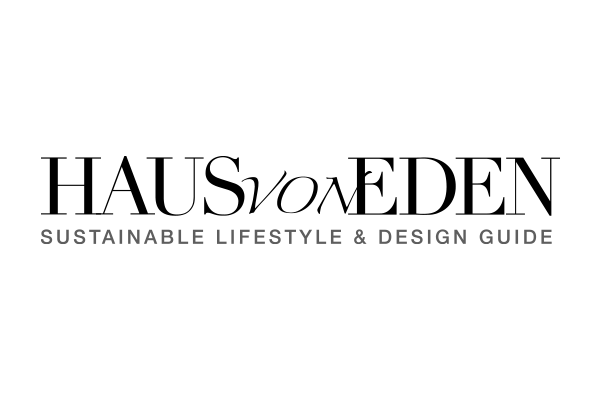Inspiration Salon: Rethinking Consumption
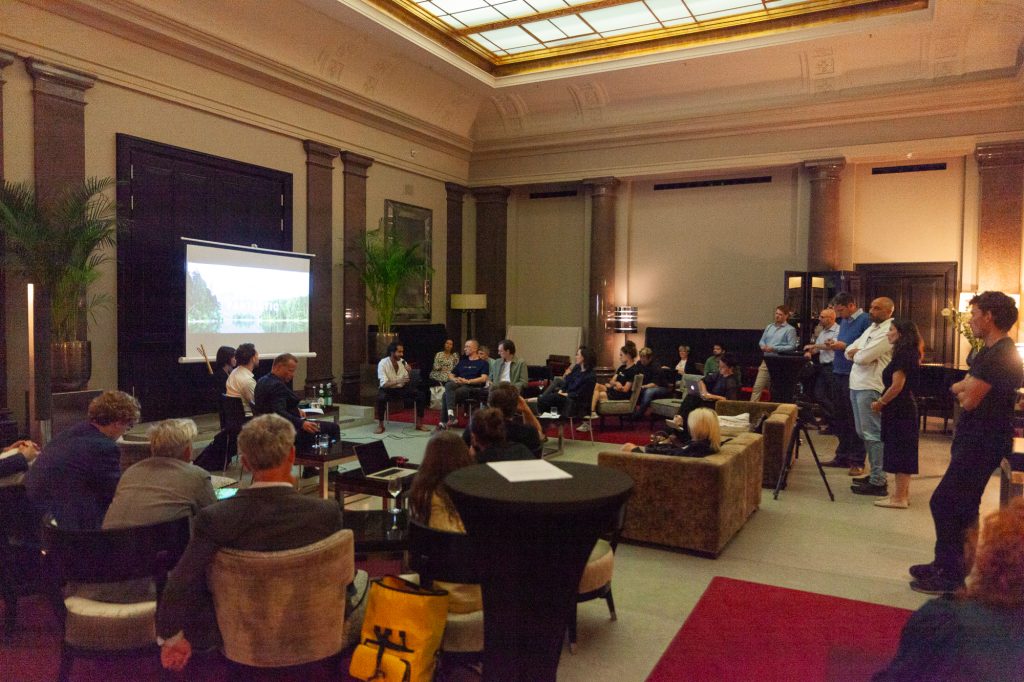
From Plastic Fantasies to Circular Realities
Isa Willinger
(Filmmaker and Director, Plastic Fantastic)
Karsten Hirsch
(Founder & CEO, Plastic Fischer)
Felix Cornehl
(Senior Manager, Systemiq)
Anna Wasilewski
(Initiator of the Action Group Litterpicker)
in conversation with Joerg Geier and Fabian König (ANSC)
Monday, 24 June 2024, 7:00 PM
Hotel de Rome (Berlin)
Opera Court
SALON IMPRESSIONS



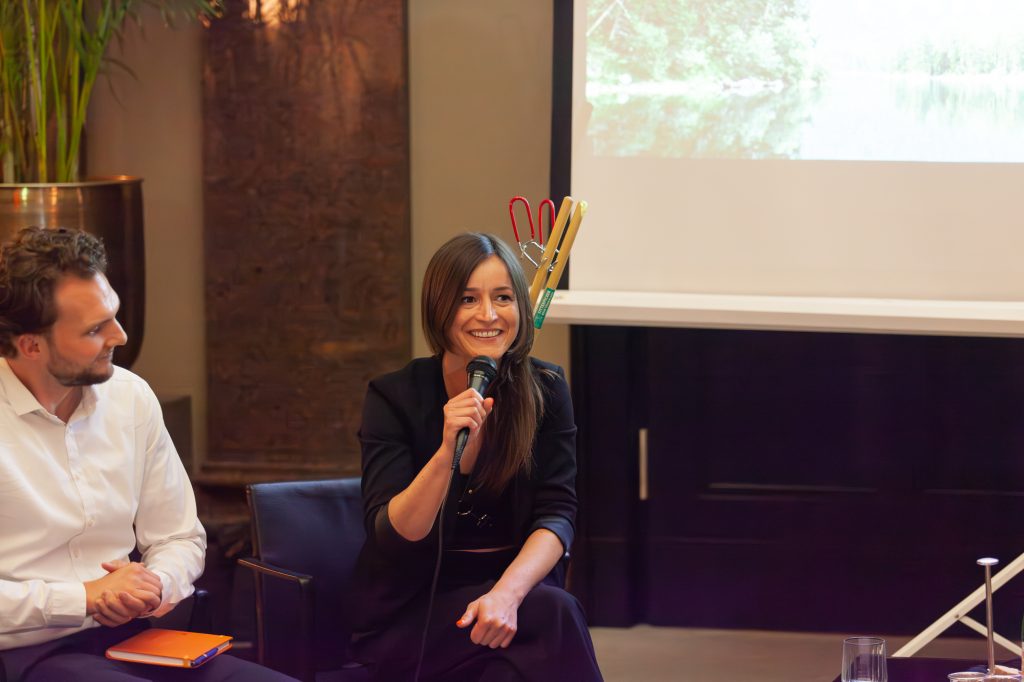
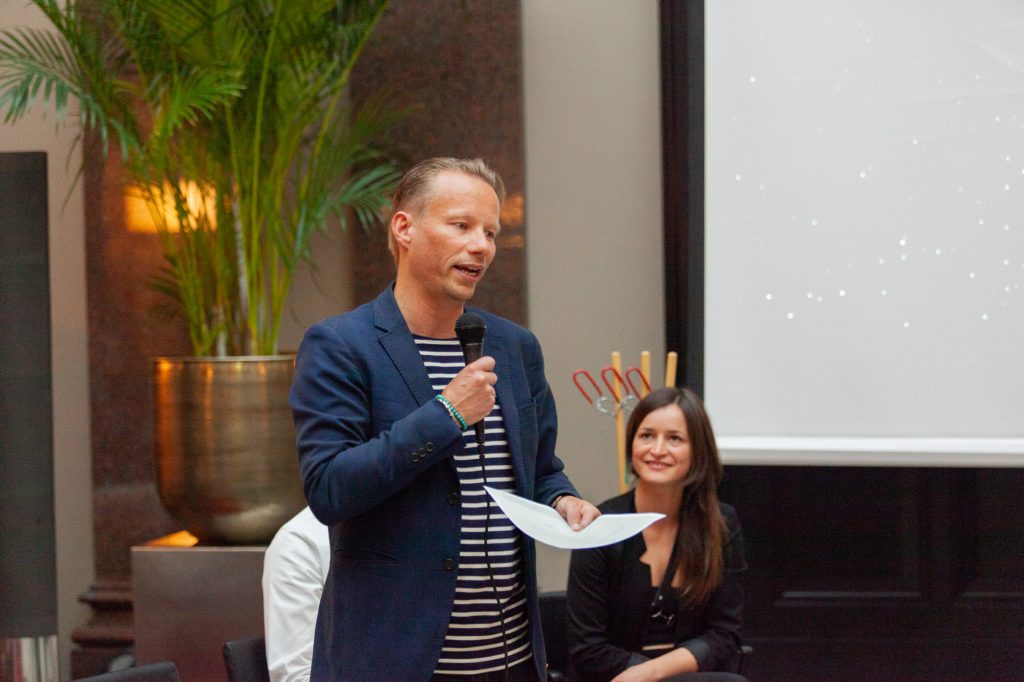
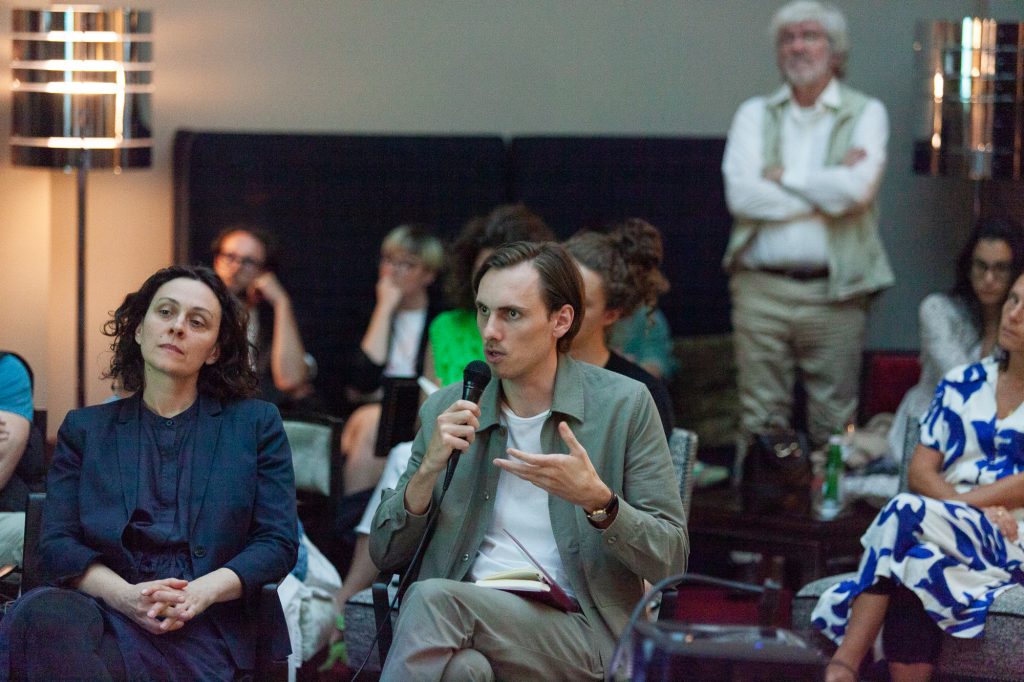
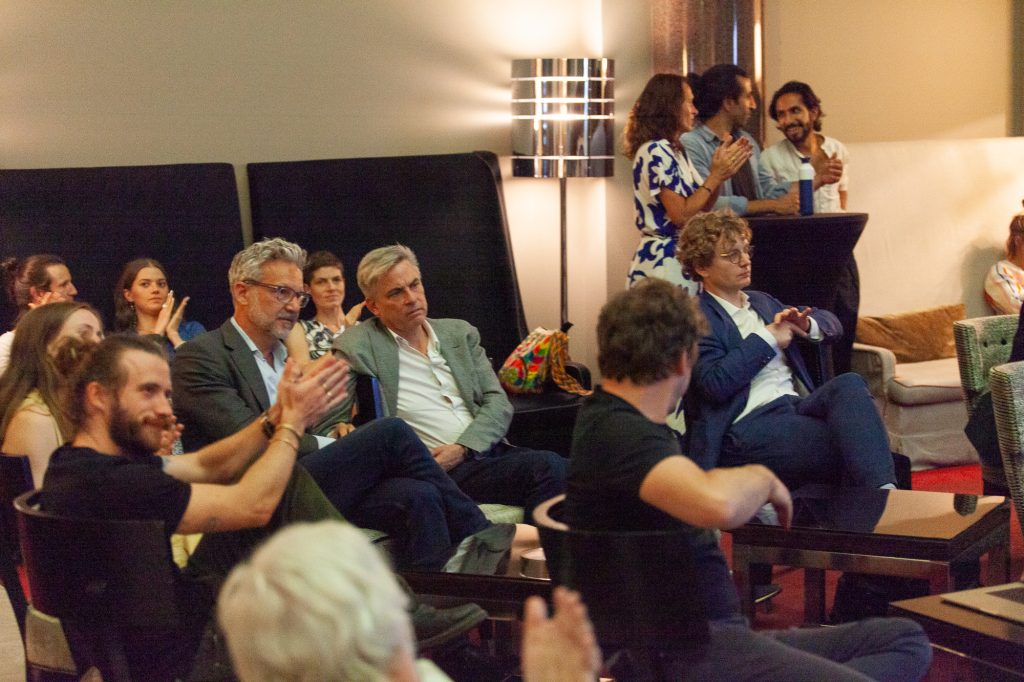
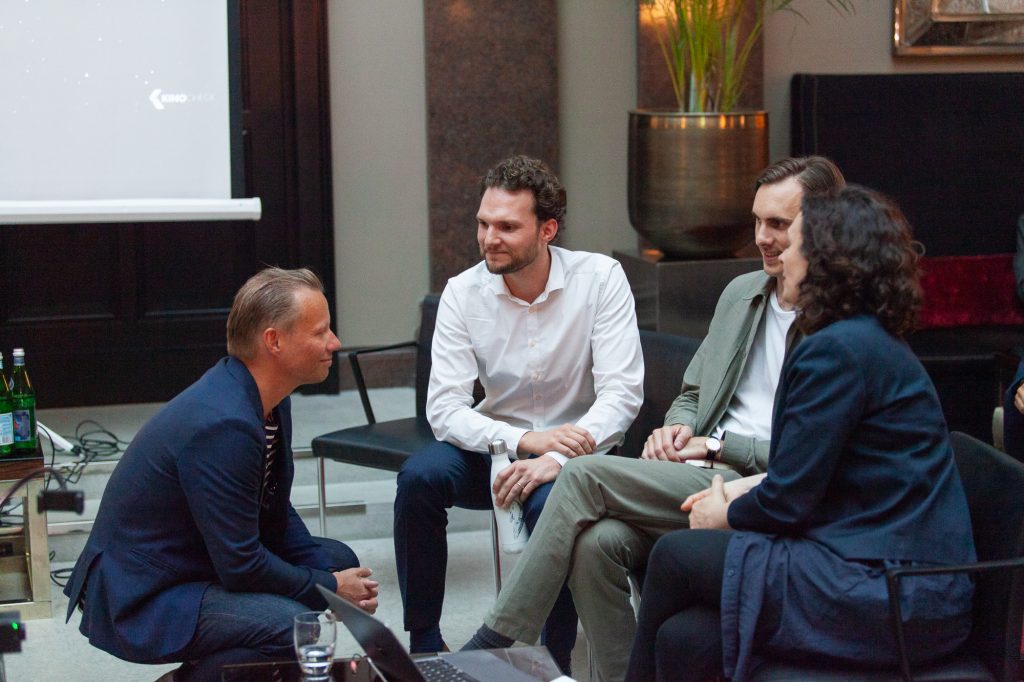

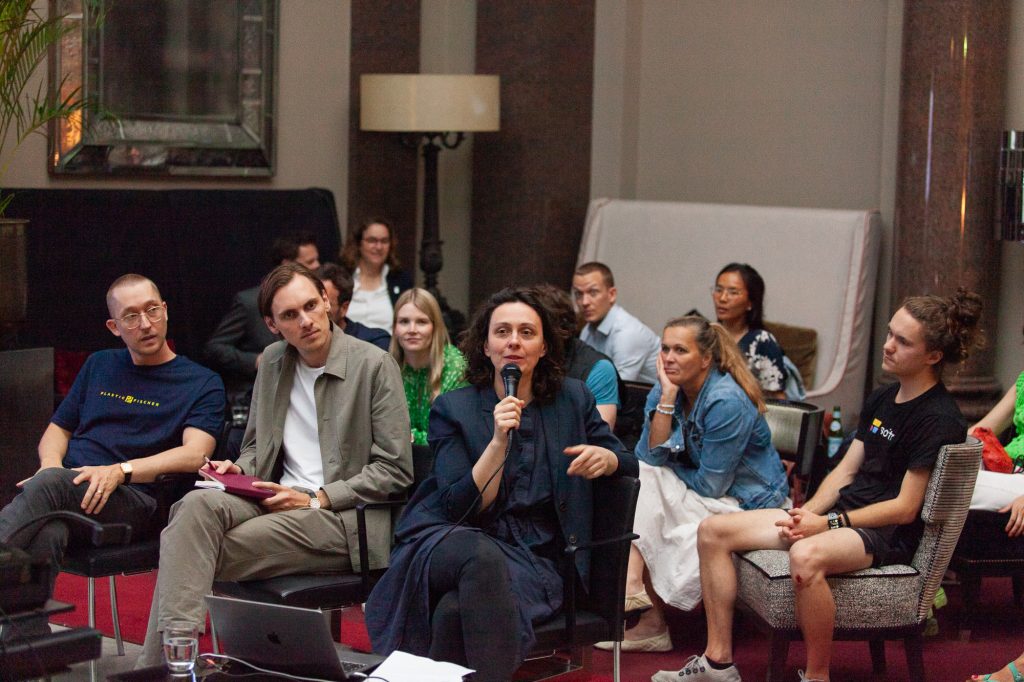


Fotos: Yaseen Salem
On Monday, Arts & Nature Social Club hosted an Inspiration Salon titled “Rethinking Consumption – From Plastic Fantasies to Circular Realities.” While plastic has benefited us by lowering transportation costs and preserving perishable foods, it also brought about numerous problems. Its complex molecular structure makes plastic highly resistant to decomposition, resulting in an ever-growing buildup of plastic waste. Toxic chemicals – some 16,000 – from plastic factories pollute waterways, and discarded bottles and debris create large plastic islands in the oceans.
The four speakers looked at different perspectives of the global plastic pandemic. Isa Willinger showed excerpts from her documentary “Plastic Fantastic” providing us with an overview of the challenge at hand as well as possible solutions. Felix Cornehl, Plastic Policy Lead at SYSTEMIQ Deutschland GmbH, emphasized that there is no “silver bullet” as far as solutions are concerned. Nevertheless, moving further upstream were a necessity in order to tackle the problem at the source. He indicated that a full lifecycle approach were required. Felix also debunked misconceptions as far as bio-based or biodegradable plastics are concerned. Karsten Hirsch, Founder & CEO of Plastic Fischer GmbH, showed us that also a low-tech approach can make a huge difference: his company collects river plastic from countries such as India or Indonesia to prevent it from ending up in the oceans. Anna Wasilewski, initiator of the action group Litterpicker, cleans up the streets and green spaces together with neighbors and draws attention to the issue of littering in public spaces. Anna proves that clean-up events not only foster relationships between members of the community, but are also fun. The discussion was moderated by ANSC board members Joerg Geier (curator of the salon) and Fabian Koenig.
We observed an exchange of views covering solutions from multiple angles and addressing the challenge from different levels of the value – and “waste” – chain.
Following a fishbowl discussion with the speakers and comments from the audience, the moderators involved all guests in a conversation, some of which took place in small groups.
Jana Sophia Mätz from Cradle to Cradle NGO (C2C NGO) shared insights from their projects and offered ways for the audience to engage further. Janice Sommer, Berlin’s TTI Co-Ambassator, provided an overview of Top Tier Impact’s activities.
Haus von Eden also covered the salon:
https://hausvoneden.com/sustainability/ascn-rethinking-plastic/ (English)
https://www.hausvoneden.de/sustainability/ascn-rethinking-plastic/ (German)
Arts & Nature Social Club would like to thank its partners for their support: Hotel de Rome, a Rocco Forte Hotel, Fulbright Germany, Top Tier Impact, Haus von Eden & Clever Elements.
ABOUT THIS SALON
The salon looked at the mounting plastic problem – and viable solutions to create a healthier world based on nature-based and circular alternatives.
We started by looking at excerpts from the recent documentary film Plastic Fantastic by filmmaker Isa Willinger, followed by dialog with entrepreneurs, solution providers and experts.
 Isa Willinger | 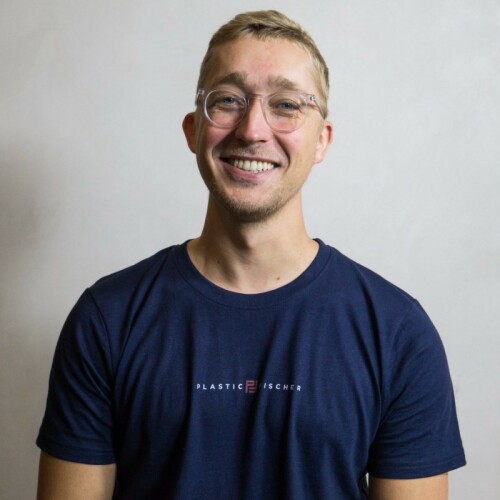 Karsten Hirsch |
 Felix Cornehl |  Anna Wasilewski |
Following a moderated fishbowl discussion with the speakers, we involved other experts and the audience in the discussion. This was intended to deepen the interaction and thematic discussion among the participants and enable them to get to know each other better. A follow-up to the salon and a possible continuation of the discussion will be addressed on site.
When plastic was first introduced, its purpose was to resolve the challenges posed by costly and limited resources, primarily those derived from non-renewable sources. The inception of plastic can be traced back to 1907. Its widespread production gained momentum during World War II with the advent of polymer synthetics. This marked the beginning of a transformative era, enabling the development of various innovations, notably affordable packaging for meats and other consumables. In the 1960s, the mass production of plastic presented itself as a revolutionary solution to global predicaments. It promised the transportation and global distribution of food through inexpensive and lightweight packaging.
However, while plastic successfully addressed some global challenges, such as reducing transportation costs and preserving perishable foods, it also ushered in a host of issues. The intricate molecular structure of plastic renders it highly resistant to decomposition, leading to a growing accumulation of plastic waste. Toxic chemicals released by plastic factories contaminate waterways, and discarded bottles and debris form vast islands of plastic in the oceans. Additionally, microplastics pervade the environment, posing threats to ecosystems and human health. Thus, what was once a promising material has, unfortunately, become a source of unintended consequences.
Fortunately, a new generation of entrepreneurs and artists have emerged offering alternate ways of looking at the world. Plant-based materials offer viable alternatives. They are rooted in circular and regenerative thinking by design, for example as a new building and design material or as a biodegradable packing product. Their philosophy builds on production cycles emulating nature and her processes with materials being an integral part of their environment and nutrients circulating in healthy and safe metabolisms.
For centuries artists have used nature as a source of inspiration. Increasingly so, their emphasis is also on nature being at threat. Some of them project utopian worlds or solutions to our challenges..
Following an outline of each panelist’s distinct approaches, we will include the audience in the discussion.
Supporting Partners:


